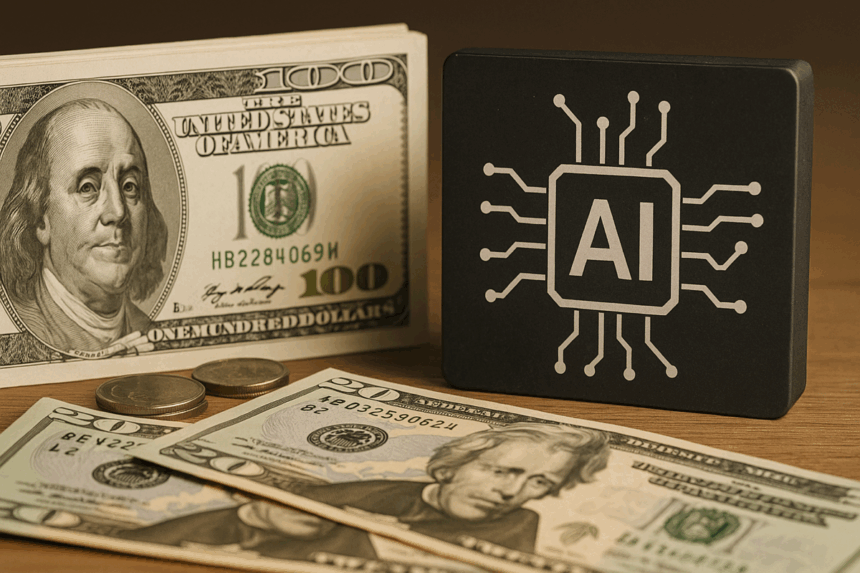OpenAI is rapidly emerging as a significant player in government AI contracts worldwide. From the United States to the United Kingdom, the company’s advanced artificial intelligence models are transforming the way public sectors operate. With deals signed to integrate AI into justice, security, healthcare, and public services, OpenAI is positioning itself as an essential technology partner for governments. This growth reflects broader shifts in AI adoption, raising both opportunities and concerns about the future of work, privacy, and security.
What’s Happening & Why This Matters
OpenAI’s CEO, Sam Altman, recently spoke at the U.S. Federal Reserve’s Capital Framework for Large Banks conference. He shared a vision in which entire job categories would vanish due to AI automation. Altman indicated that customer support roles are already being replaced by AI assistants that perform faster, error-free, and more efficiently than humans. He said, “When you call customer support, AI answers. It’s like a super-smart, capable person.” The shift is a massive transformation in service industries.
Altman also discussed healthcare, where AI tools like ChatGPT can often provide better diagnostics than many doctors. However, he cautioned that AI should not yet be the sole decision-maker in medicine, emphasizing the need for human doctors to remain involved in the process. AI power coupled with human judgment is an ongoing debate about responsibility and safety in AI deployment.

In Washington, OpenAI’s relationship with the U.S. government is evolving. The company is embracing collaboration with regulators and federal agencies, opening its first office in the capital and engaging with Congress. Previous administrations’ skepticism was slow compared to the more proactive approach under the Trump administration. The primary focus is on accelerating AI leadership to compete globally, particularly against China.
Across the Atlantic, OpenAI signed a memorandum of understanding with the UK government to explore AI applications in justice, security, and education. The agreement commits both parties to identify AI deployment opportunities that improve government efficiency and public service delivery. The UK’s Science and Technology Secretary, Peter Kyle, said AI will “drive the change we need” across public sectors. He added the partnership will give Britain “agency over how this world-changing technology moves forward.”
OpenAI’s technology already powers several UK government AI tools. For instance, it supports Humphrey, an AI assistant that speeds up civil service workflows, and chatbots that help small businesses access government advice. The deal builds on a similar UK collaboration with Google DeepMind, highlighting a trend of governments relying on private AI firms to modernize services.
Beyond service efficiency, AI is also being tested in critical government tasks including verifying the ages of child asylum seekers in the UK. The Home Office plans to pilot AI facial age estimation technology to improve accuracy and speed in age verification. While these tools promise cost-effective solutions, they also raise concerns about bias and the impact on vulnerable populations.
Meanwhile, OpenAI faces challenges about AI’s risks and benefits. Altman warns about hostile nations using AI as a weapon, particularly against financial systems. He also notes risks of fraud enabled by advances (e.g., voice cloning). Concerns reflect the tightrope governments and companies walk in harnessing AI’s power responsibly.
TF Summary: What’s Next
OpenAI’s expanding government contracts present a turning point in public services AI integration. From automating customer support to aiding justice and security, the company is embedding AI into routine government functions. Growth also demands careful regulation of innovation with ethics, privacy, and social impact.
Governments will further forge partnerships with AI leaders to tackle complex obstacles. At the same time, they must address the leading arguments: job displacement, AI decision-making bias, and potential misuse or abuse. AI’s future in society involves ongoing dialogue between policymakers, technologists, and the public.
— Text-to-Speech (TTS) provided by gspeech


